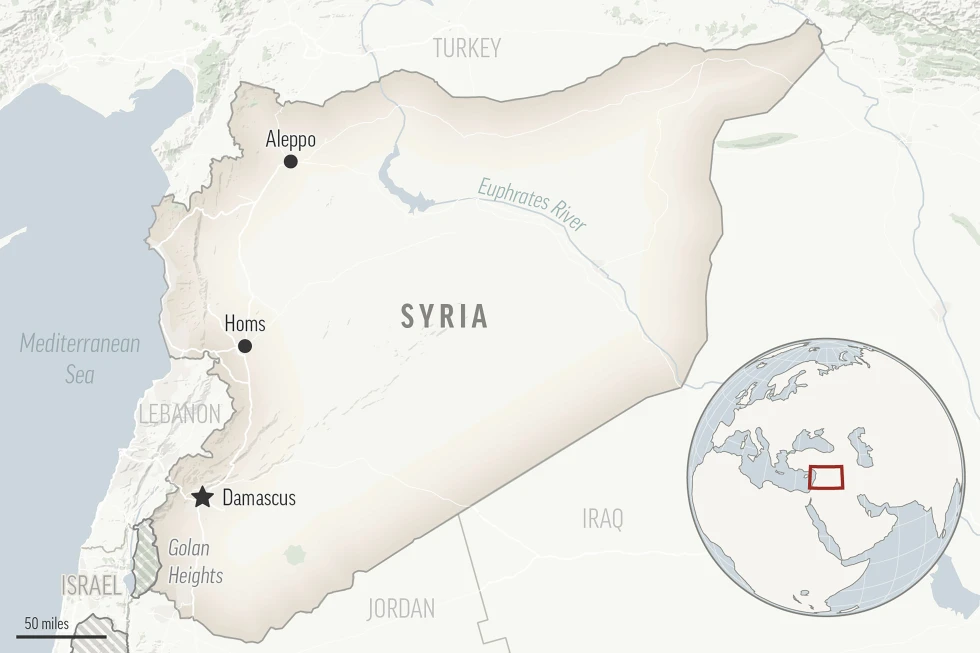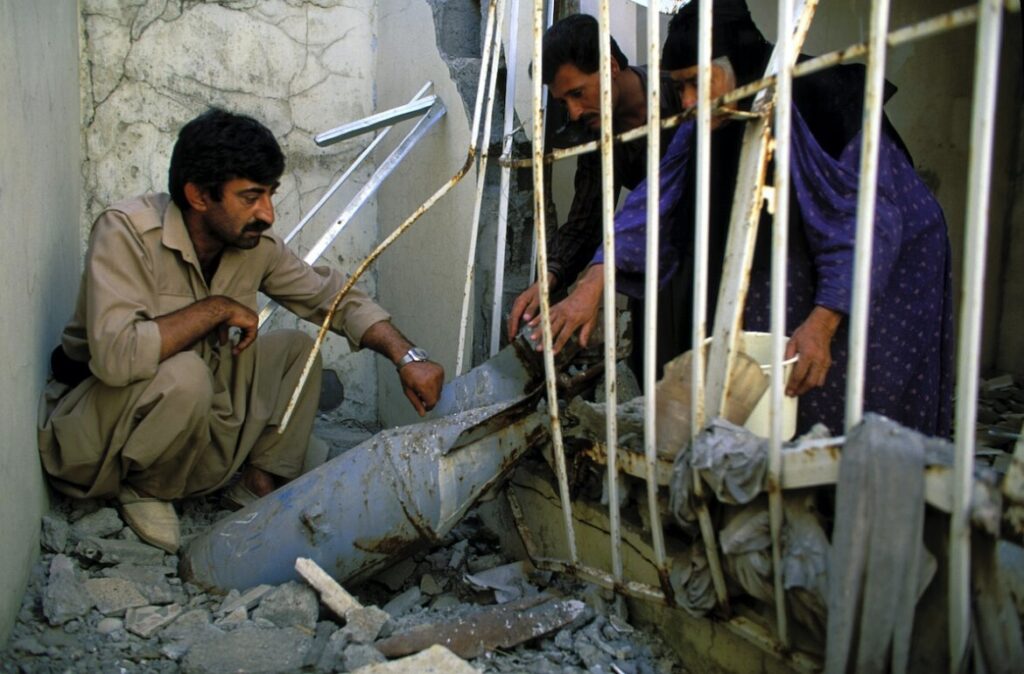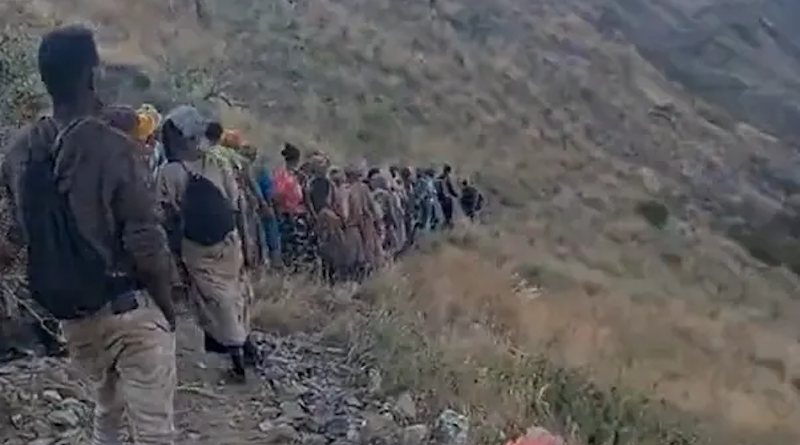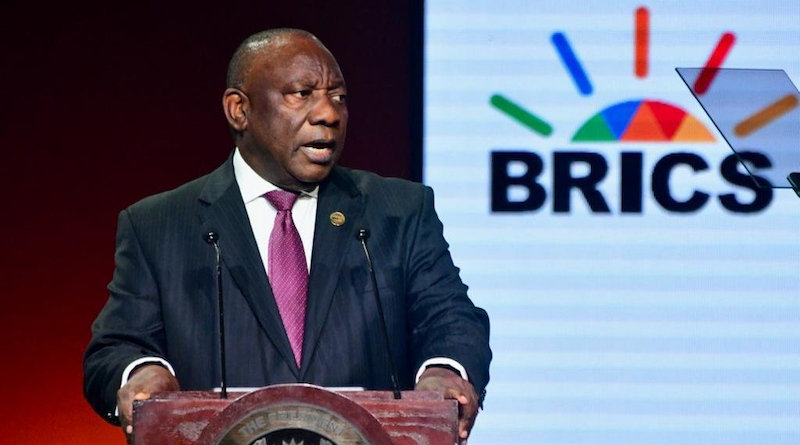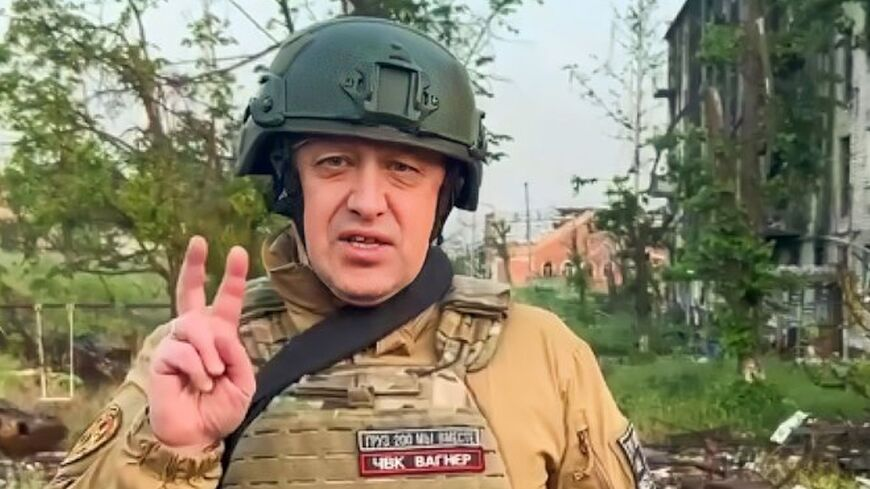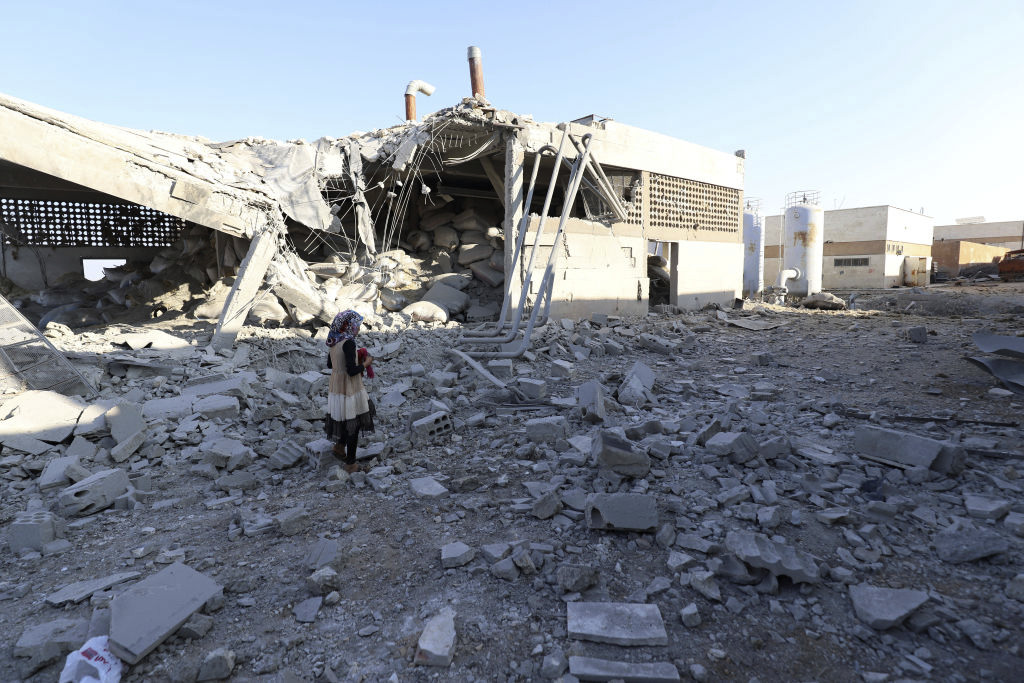Brown Future: Migration Flows And The Law Of Unintended Consequences

The report is horrible to contemplate. A major Western human rights organization reports that Saudi border troops may have killed hundreds of Ethiopian migrants attempting to enter the Kingdom’s borders from Yemen.[1] Whatever the details or context of this particular case turn out to be, the upshot is that here was a country that would defend its borders aggressively, with deadly force. Despite frequent criticism of American and European border policies, that rarely happens with those countries.


